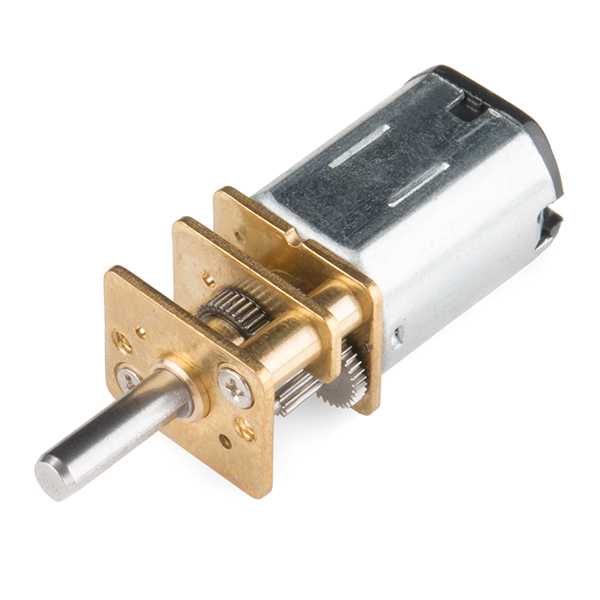Planetary gear train
Main question here is power and torque which is created by series of spur gears called a gear train. It could be simple as 2 gears or planetary gear train (higher gear reduction, very compact)
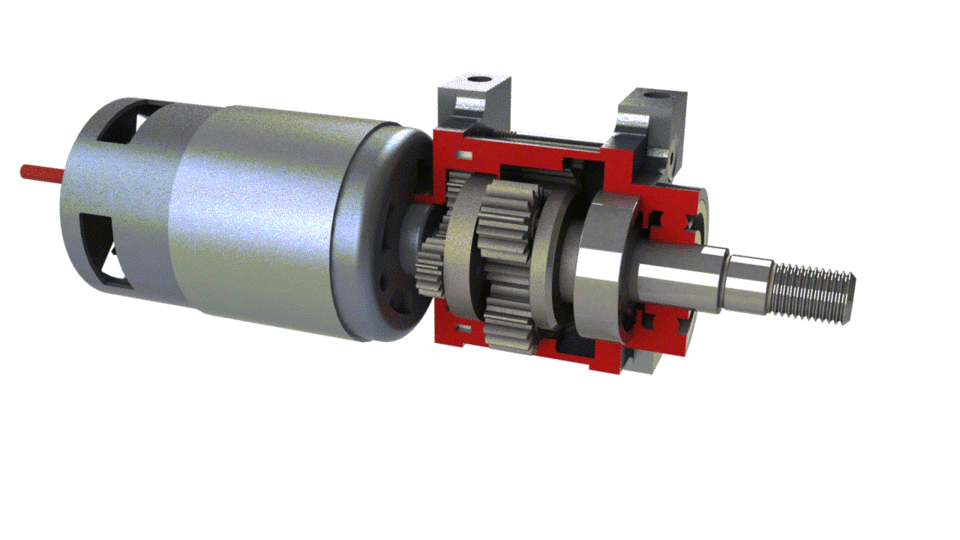
and this can be implemented in non-circular form
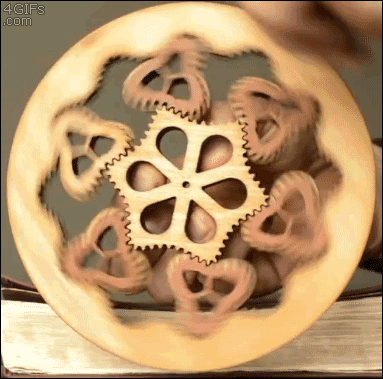
"Credit: YouTube channel Rail and Oak"
They are not as compact as round ones, and at specific points they hold higher stalled resistance than in others which makes movement obviously uneven.
Credit: Gertrude Stein and Alice B. Toklas Non-circular gears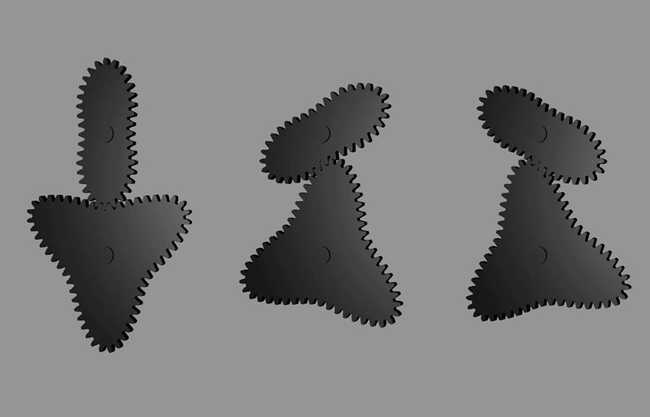
Epicyclic gearing
Planetary gearing (or epicyclic gearing) is cool, but there is also cycloidal drive, that eliminates a backlash - it's that imperfection between gear teeth that is noticeable when rotation direction has been changed.
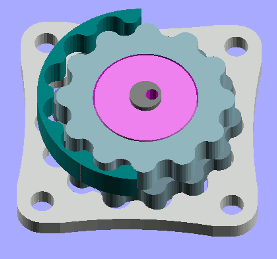
Strain wave gearing
And the last but not least in this list is strain wave gearing that is used in the wheels of Apollo Lunar Rover. It requires a flexible spline, but oversteps advantages of the above systems.
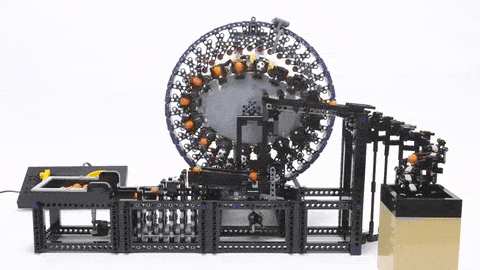
"Credit: YouTube channel Akiyuki Brick Channel"
Micro gearmotors
For the first prototype I will try brushed DC micro gear motors with 75 RPM and 155 RPM.
Note: voltage defines RPM, not current.
Brushless DC motors VS brushed DC motors. Controlling BLDC is not a trivial task, but Field oriented control (FOC) algorithm is not that hard. Look at this Arduino implementation
